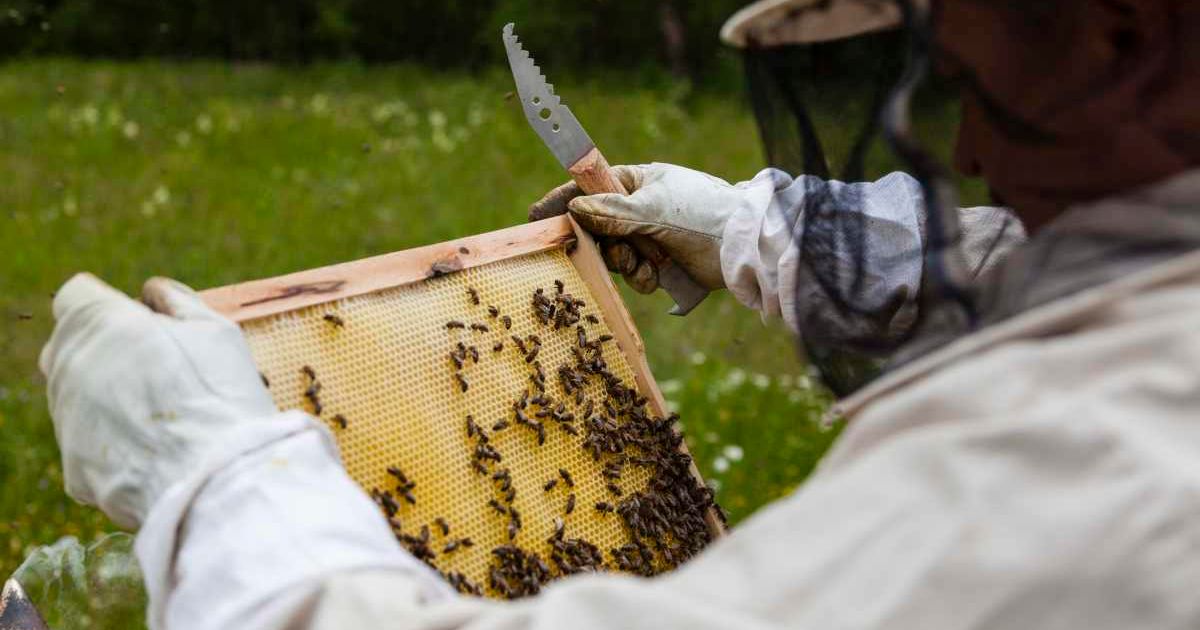
Experts believe the rapid decline in their population is driven by several natural and human-made threats.
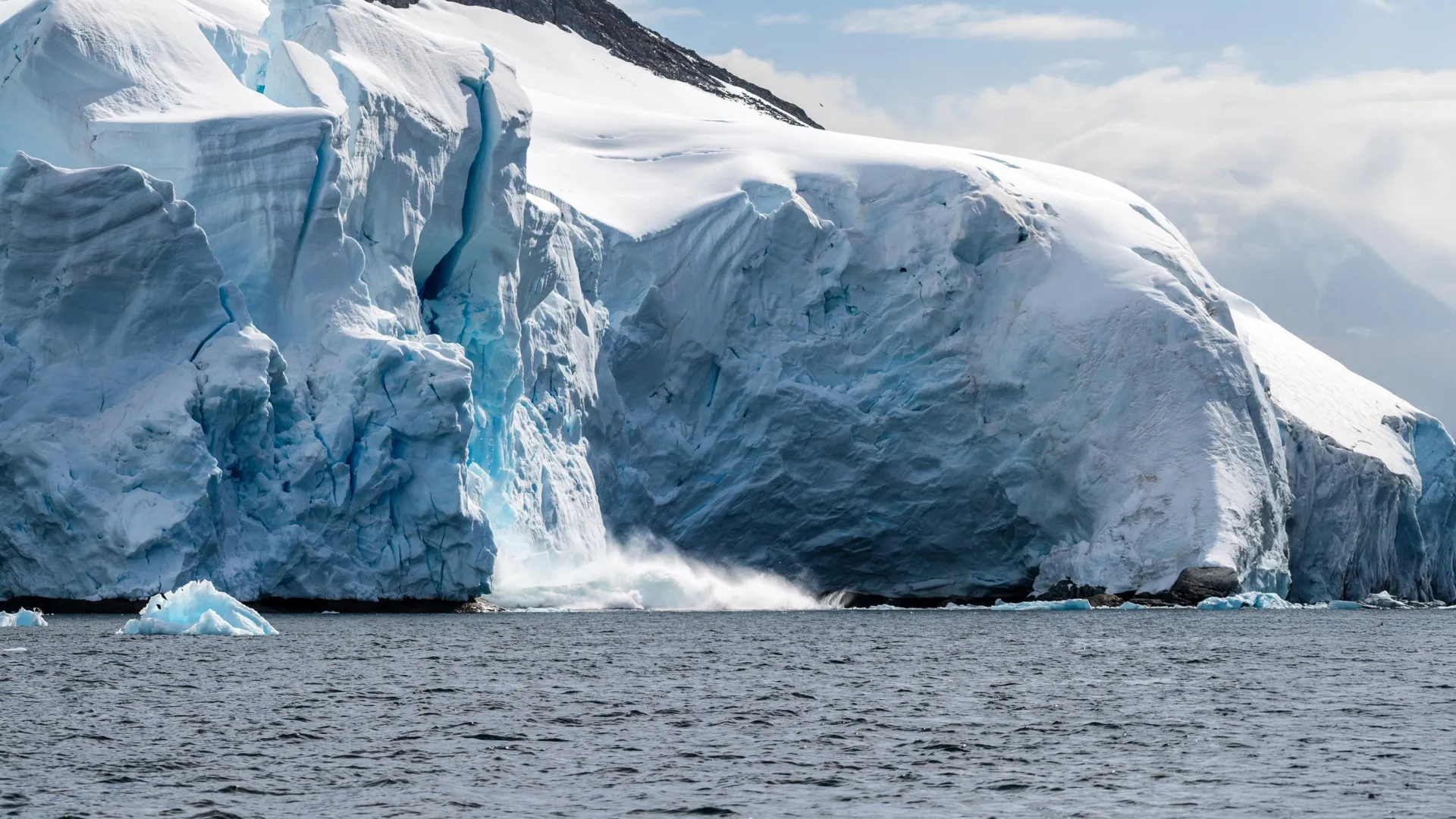
Researchers warn Antarctica is undergoing abrupt changes that could trigger global consequences.
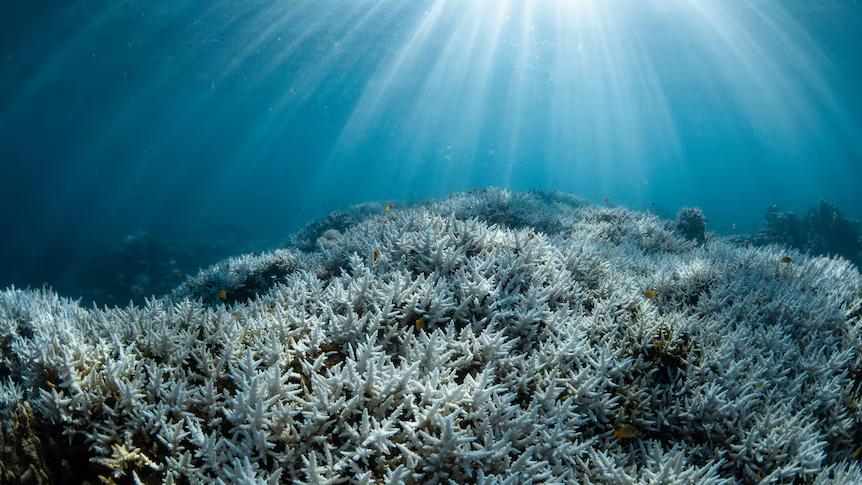
The latest Global Tipping Points Report suggests the world's coral reefs are at risk of mass dieback. More than 80 per cent of coral reefs worldwide have bleached in a marine heatwave in the past two years.

While temperatures soar within decades, tree populations take 100 to 200 years to shift in response. A sweeping new analysis of ancient pollen and modern data reveals this dramatic lag - and its consequences.
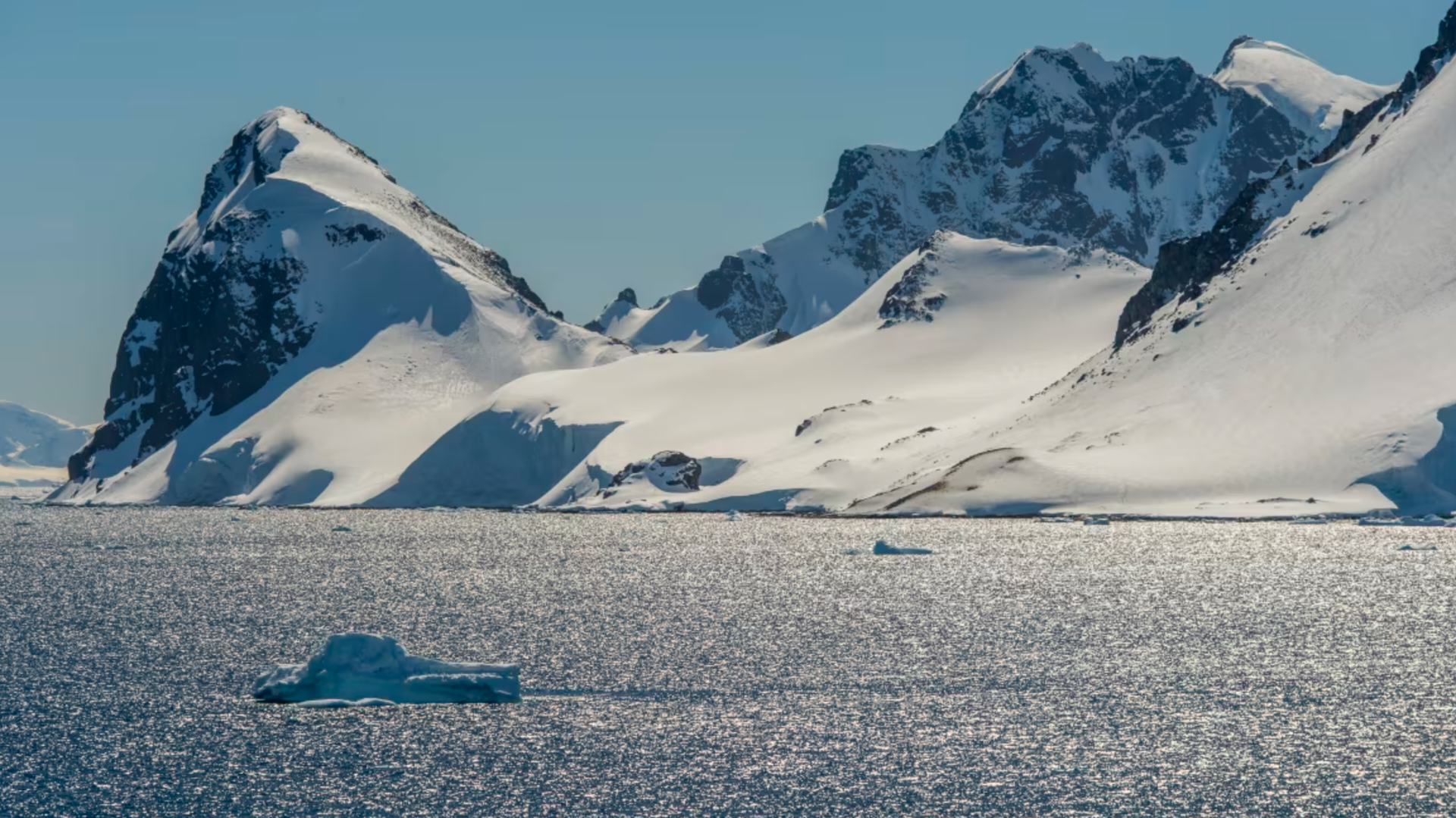
In recent years, the Southern Ocean has undergone rapid rise in surface salinity across the waters surrounding Antarctica, paired with a steep and ongoing decline in sea ice.

The world's most advanced AI models are exhibiting troubling new behaviors – lying, scheming, and even threatening their creators to achieve their goals.
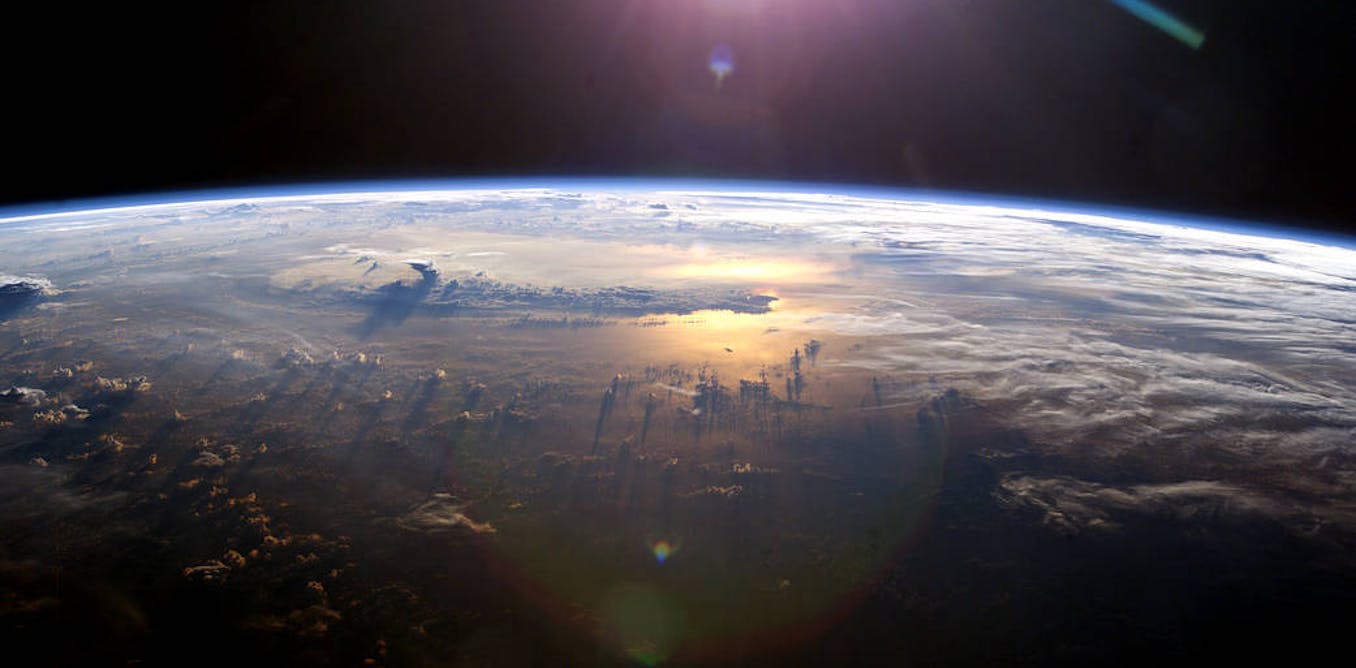
Real world measurements of how much extra heat the Earth is trapping are well beyond most climate models. That's a real problem.
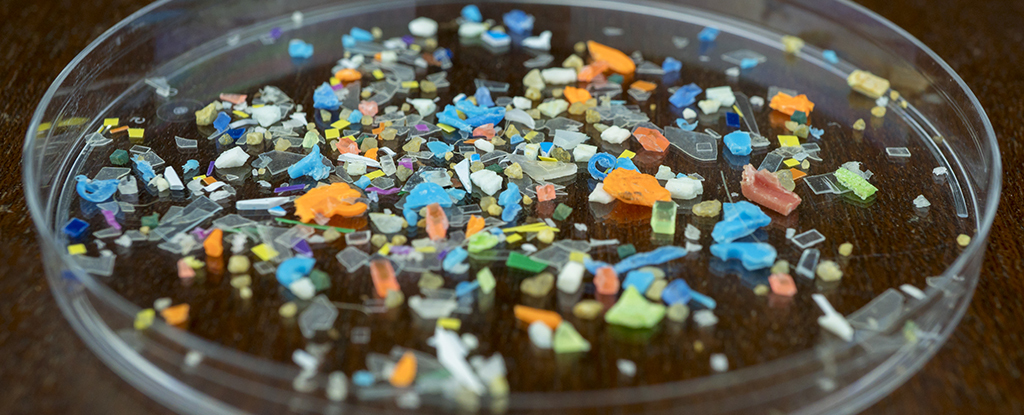
Careful analysis of the animals revealed subsequent changes to protein production, gene activity, bacteria levels, and the microRNA coding inside cells.
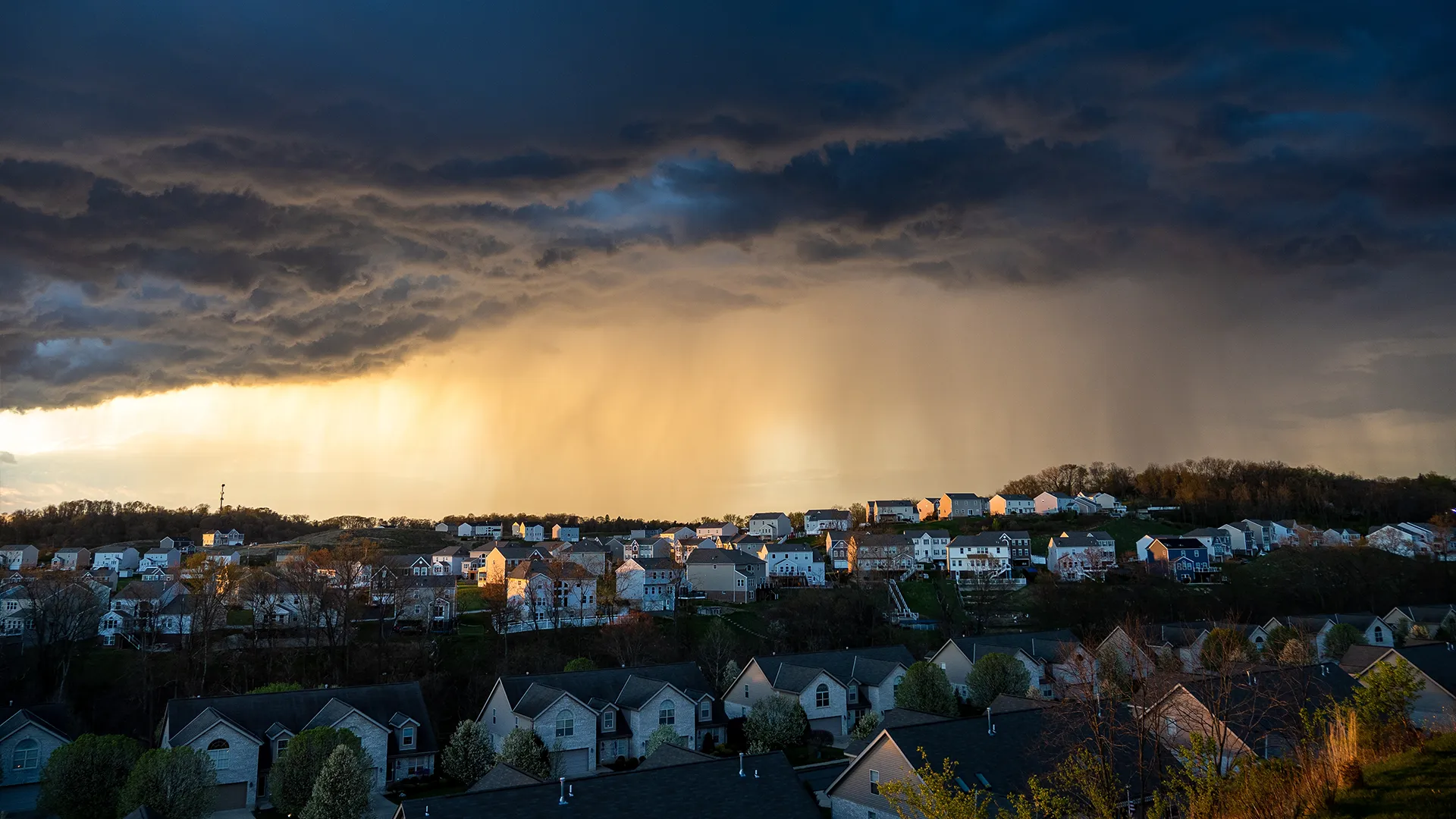
In a surprising twist during an air quality study in Oklahoma, researchers detected MCCPs an industrial pollutant never before measured in the Western Hemisphere.
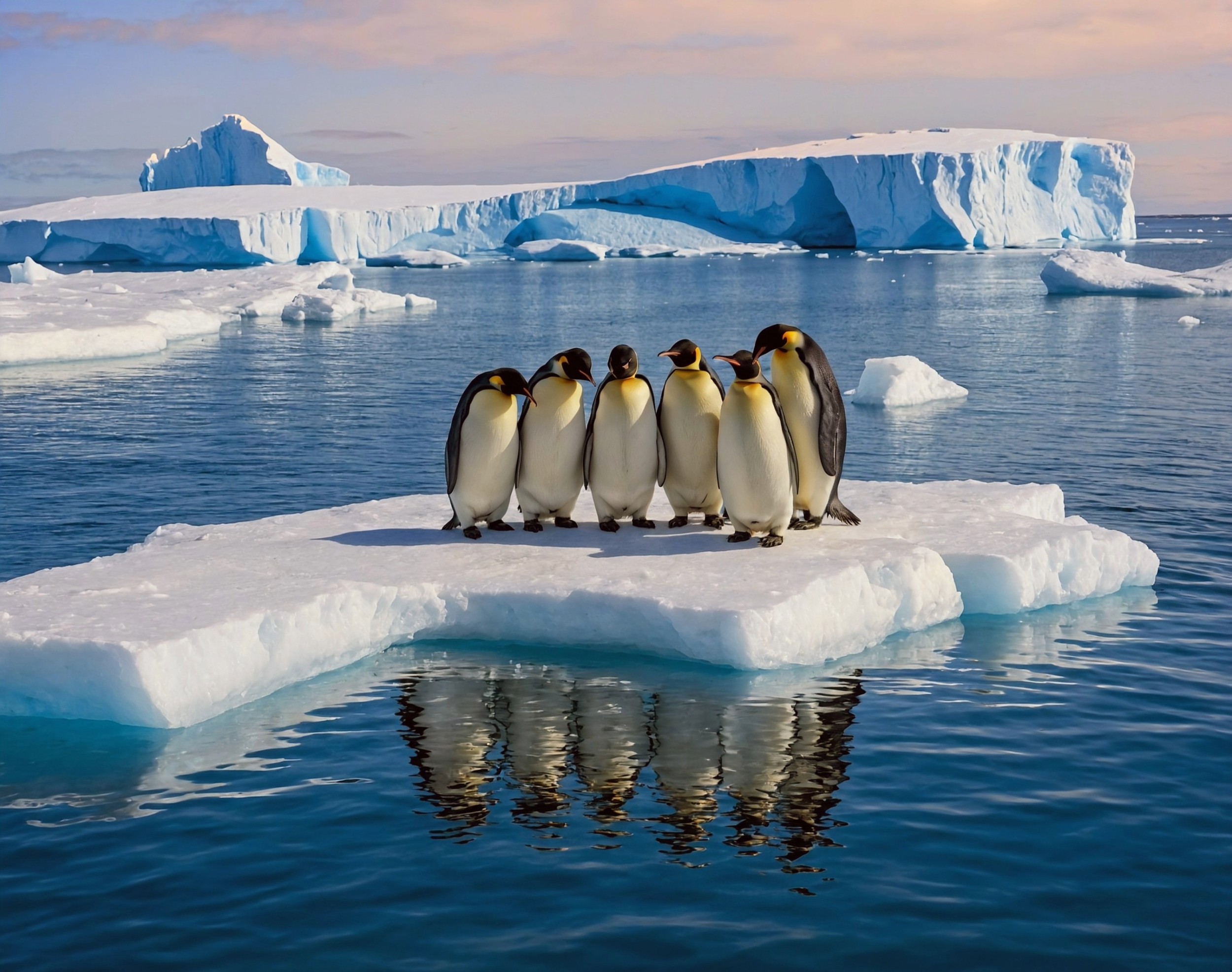
The study suggests that emperor penguins, iconic residents of Antarctica, need to be uplisted to threatened on IUCN Red List.
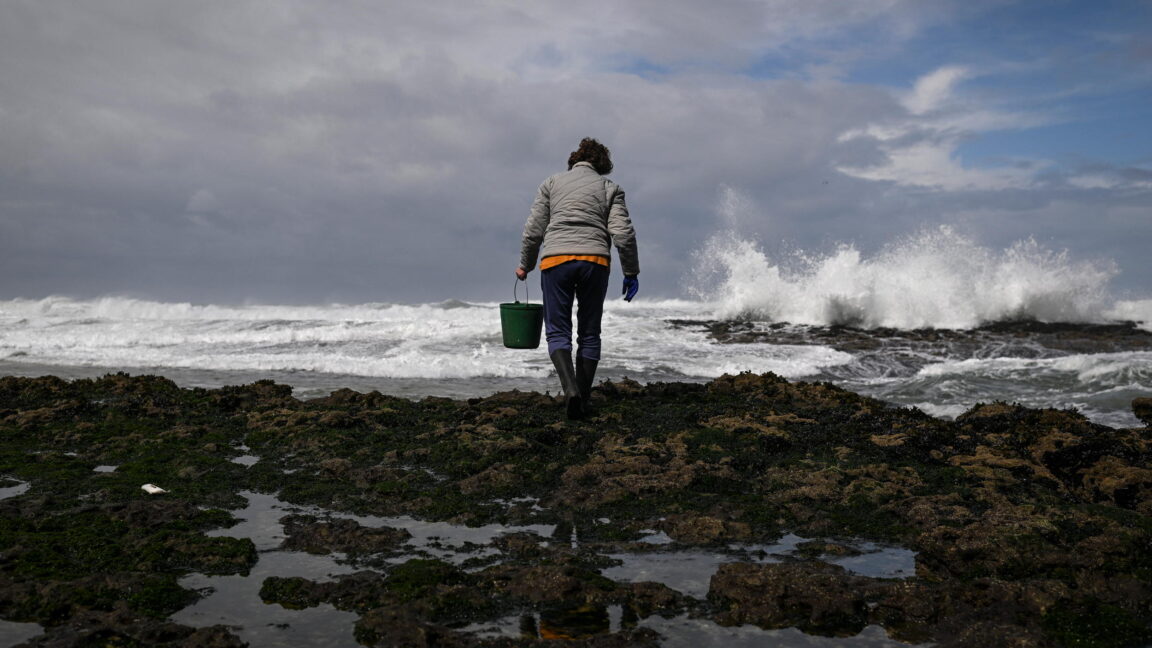
A study found that ocean acidification—the process in which the world’s oceans absorb excess carbon dioxide from the atmosphere, becoming more acidic—crossed a “planetary boundary” five years ago.

Understanding how the brain processes moral responsibility is important because of the implications it can have for ethics, justice, and the psychology of human behavior.

Global politics don't feel particularly cooperative at the moment, but which countries could actually feed themselves independently if all international food trade shut down?

From towering coastal redwoods to dinosaur-era Wollemi pines and firs that make the perfect Christmas trees, even our most revered woody plants are in grave danger.
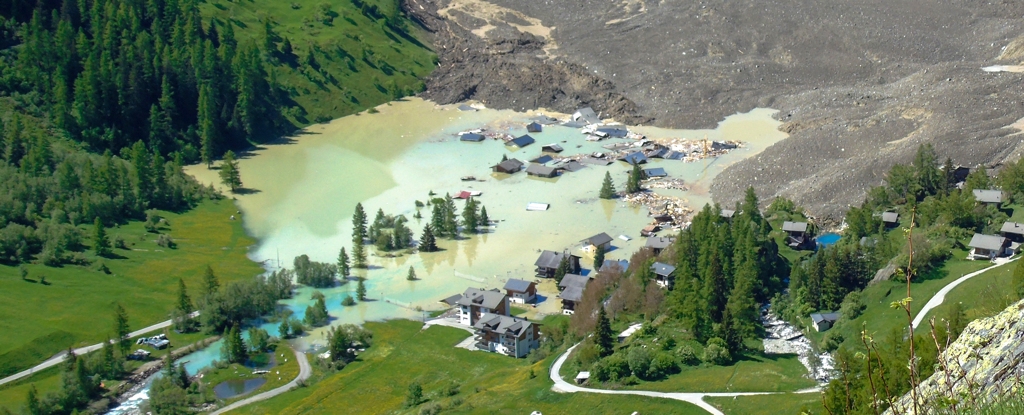
The collapse of the Swiss Birch glacier serves as a chilling warning of the escalating dangers faced by communities worldwide living under the shadow of fragile ice, particularly in Asia, experts say.